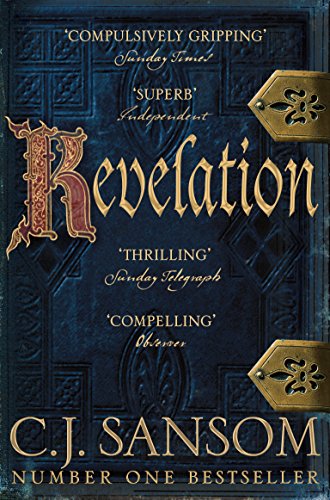I confess, I’m addicted to reading.. in fact I feel more anxious if I haven’t got something to read than if I haven’t got something to write with/on – and I get pretty anxious about that! So I guess it isn’t surprising that I now belong to not on, or two, but three book clubs.
Book club number one – it must be about ten years ago when I was still working, that I saw a note on a notice board with a phone number for anyone interested in joining a book club. I rang the number, spoke to a friendly person and went along to a stranger’s house to meet a dozen other strangers, most of whom became good friends over the next few years. The first book we ever read was On Chesil Beach by British writer Ian McEwan and we have read a wide variety of books since then. There are now six of us and we are having our Christmas get together next week with the annual quiz.
Book club number two – it must be about seven years ago that I saw note on a noticeboard in Waterstones book shop about a reading group. The group was to meet the first Sunday of every month except Christmas when the shop was too busy. Over the years we’ve had many differ people join us and then for various reasons been unable to keep coming, but now we have a core of about a dozen friends. I’m not sure of the first book we ever read, but we’ve also read a wide range of fiction and non-fiction, classics and the latest best-sellers. We’re meeting for our Christmas get-together a little later in December, in another venue as the bookshop is very buys on a Sunday leading up to Christmas.
Book club number three – the most recent book club I’ve joined is a group to read any books to do with history, biographies, novels, local/national/international events. There are about a dozen of us who meet in a friend’s house and she leads the group with a series of questions, or comments inviting responses. The last time we met we read Kate Summerscale’s The Wicked Boy; today on our third meeting and second book discussion we’d read a favourite of mine, a Shardlake book by C.J. Sansom, the fourth in the series, Revelation. The book we are going to look at and discuss next time is a biography of Dickens by Claire Tomalin, A Life.
It was interesting discussing Revelation with this group because we were looking at it not just as a novel, but a book which had a strong historical aspect. Our leader (for want of a better word) had a series of questions which she posed, starting with what did we think of the book as a murder mystery – putting aside the history. Most people were utterly gripped, although a couple did think the plot was at points too far-fetched and some of the minor characters too sketchily drawn. One person however, found it hard going and there was a particular story line which she found irrelevant and couldn’t see why it was there except as padding. I was interested in this point of view and it made me think about why I believed that the particular sub-plot had been included… if you haven’t yet read the book I don’t want to spoil it, but I think I can say that to me it showed how people in Tudor times viewed mental illness, and how religious fanaticism sometimes tumbled over the edge into something like ‘madness’. I also thought it showed how dangerous it was to have a mental affliction in those days, risky for the individual and their family.
We then discussed the historical aspect of it, and how much of an insight it was into the past and how true the setting and other features were. We wondered on the relationship between men and women and how they spoke to each other, we talked about the standards of medical care and practitioners at the time, and about lawyers and solicitors. We also agreed there were things we had learned – the fact that it was set during a mini-ice age, that reading glasses were available for some people, that false teeth were a fashion – they were actual real teeth, drawn from a poor person for money and set into wooden moulds as dentures… I think we had a collective shudder at that.
It is a murder mystery and there was more than enough murder for some readers, and the manner of the deaths was extreme, and I suppose unbelievable… but the brutality of people then and now is shocking. Lastly we compared the world of Shardlake to our world, and to what extent Sansom had imposed our ways on his fictional characters.
I guess because I have read all the books and read them in order I had an overview of some of the characters because I knew their history, which was an advantage I hadn’t appreciated. The book is written to be a stand alone, but also it is part of a series so it is a fine balance for the writer to give enough information about characters so the reader can understand why they do certain things, but not spoil the plot of the previous books for people who decide to read them.
I’m looking forward to the months ahead with the history book club, I’m sure I will learn a lot!


Oh my goodness, where do you find time to do all that reading? I wish *sigh*
LikeLiked by 1 person
I’ve given up sleeping.. it was the only way… 😉
LikeLike